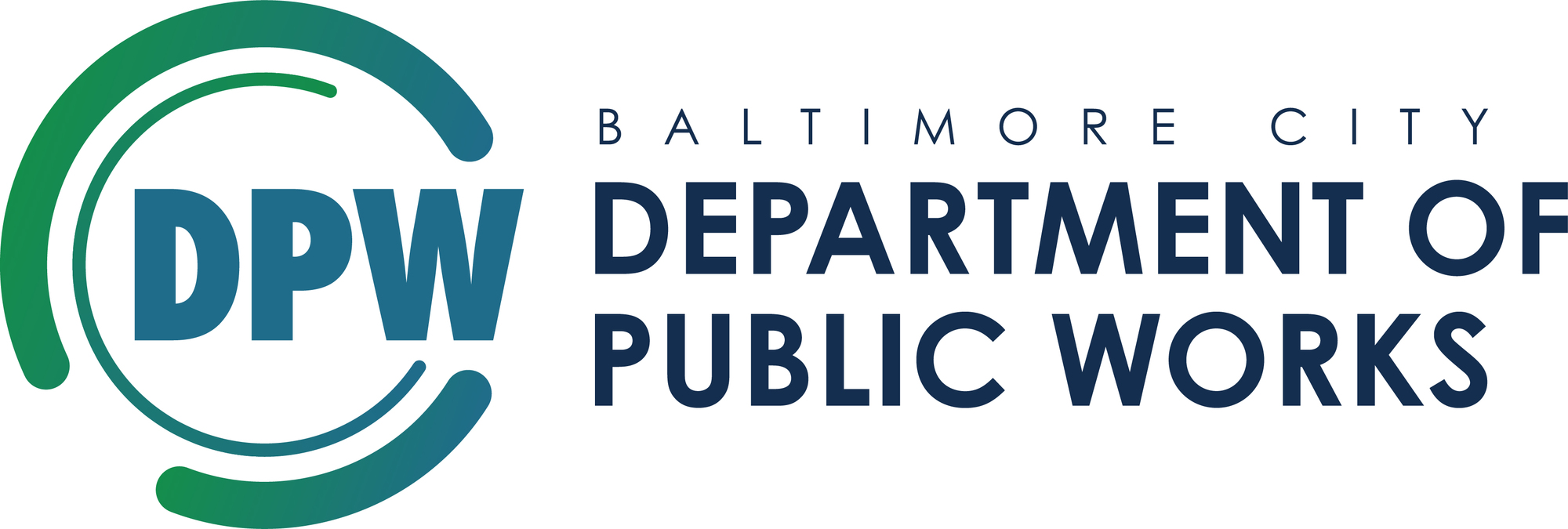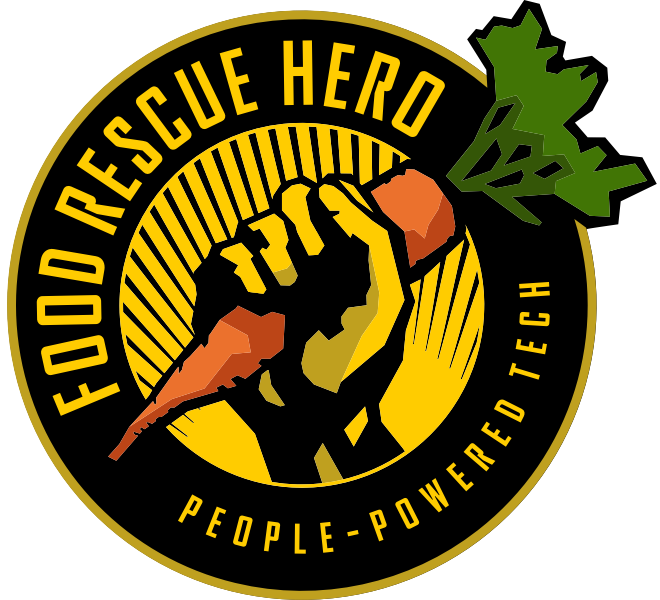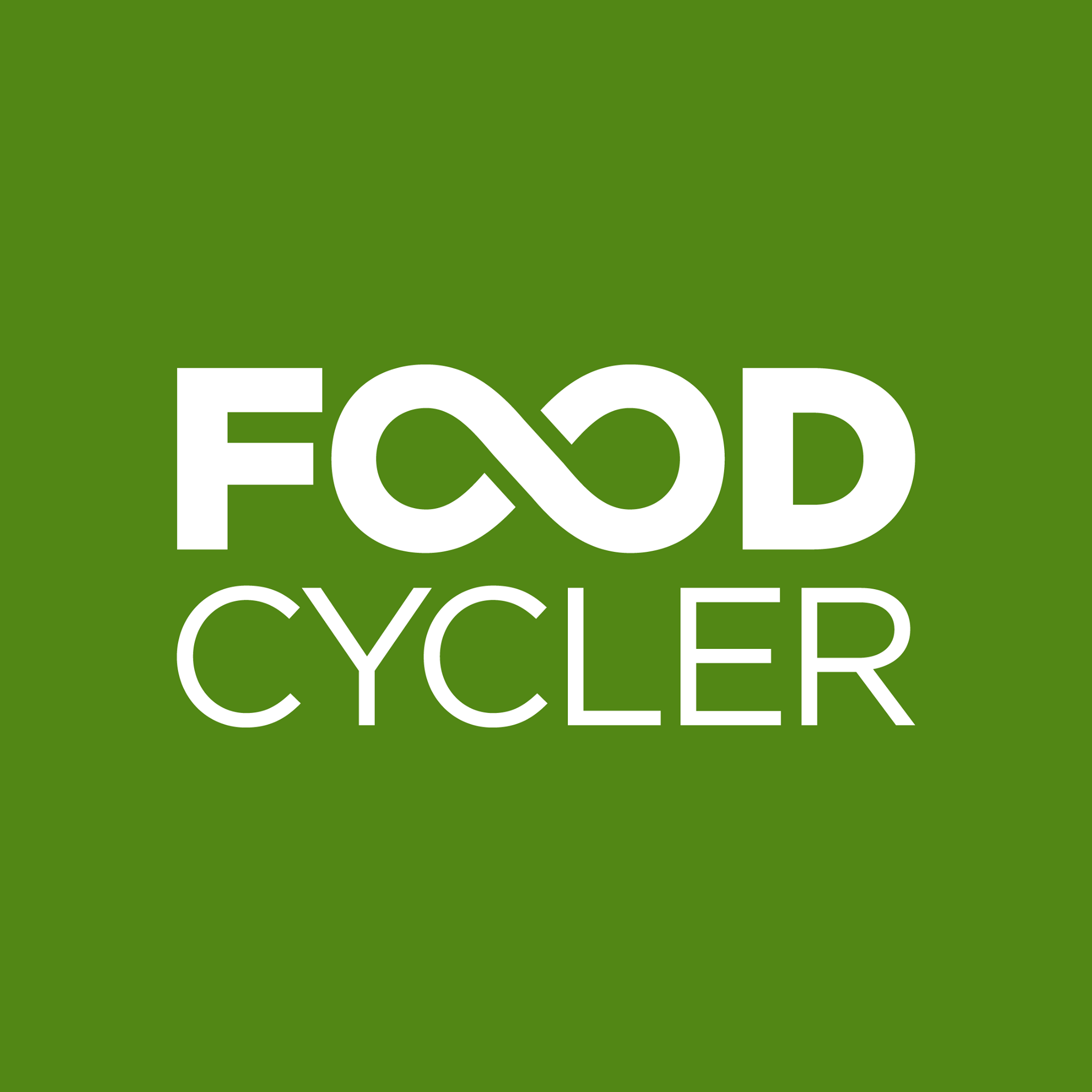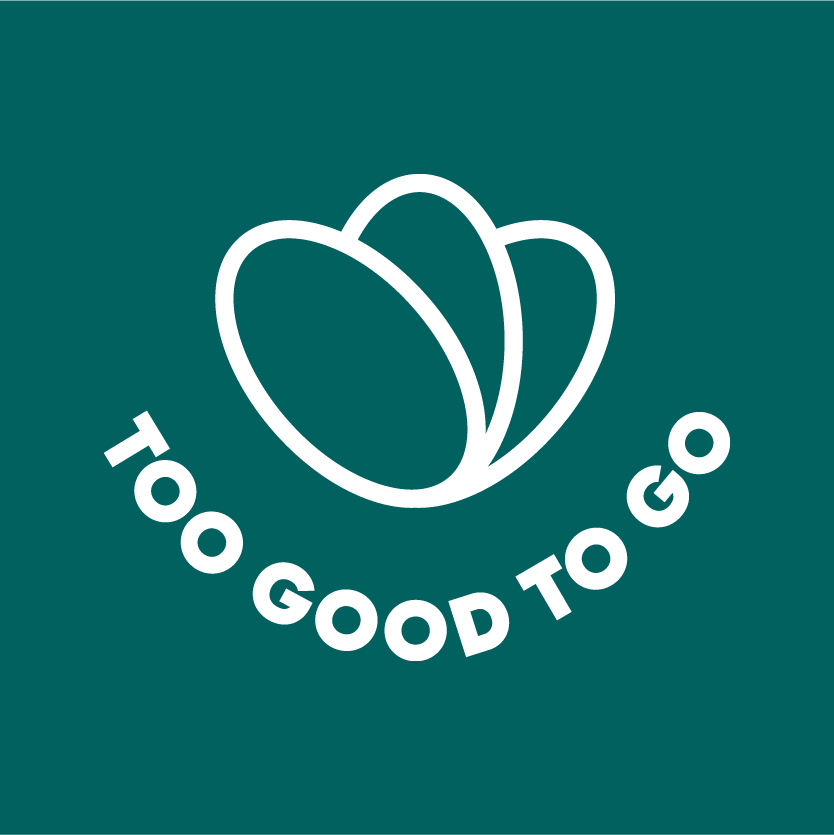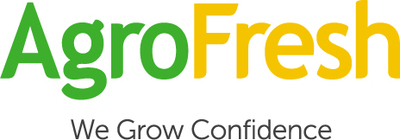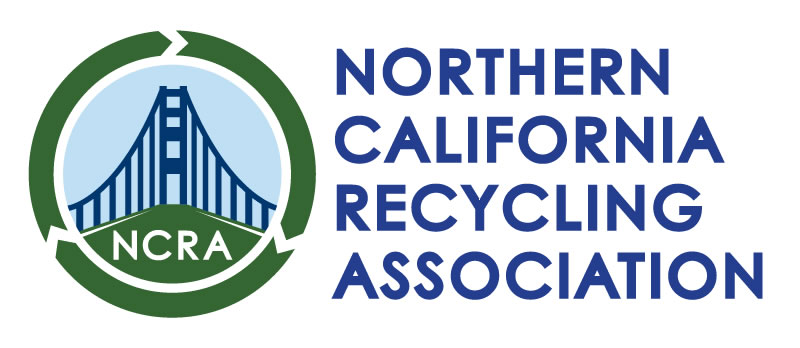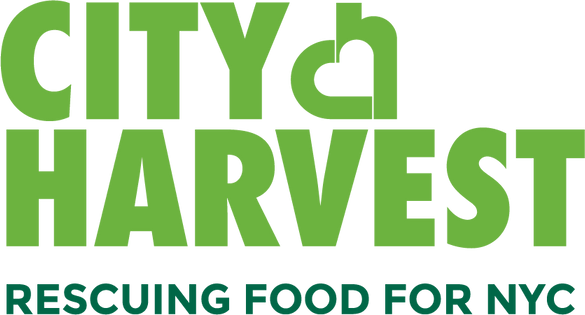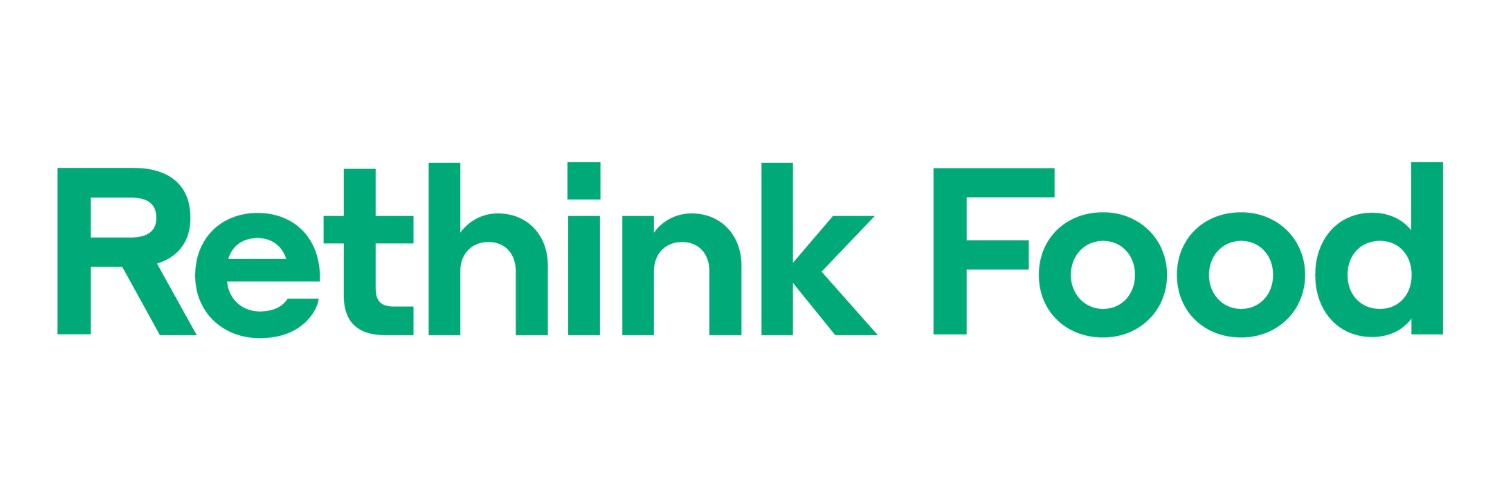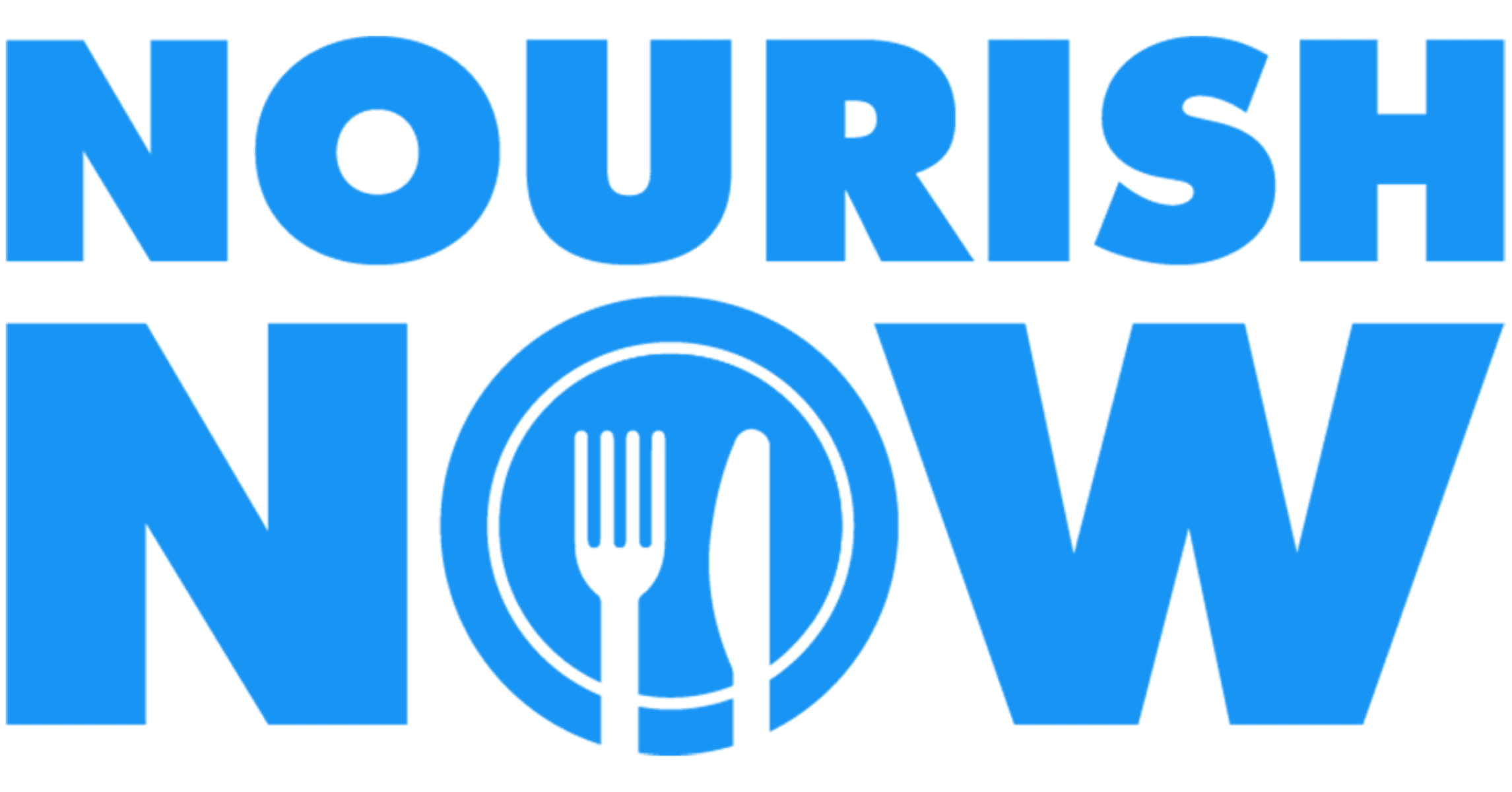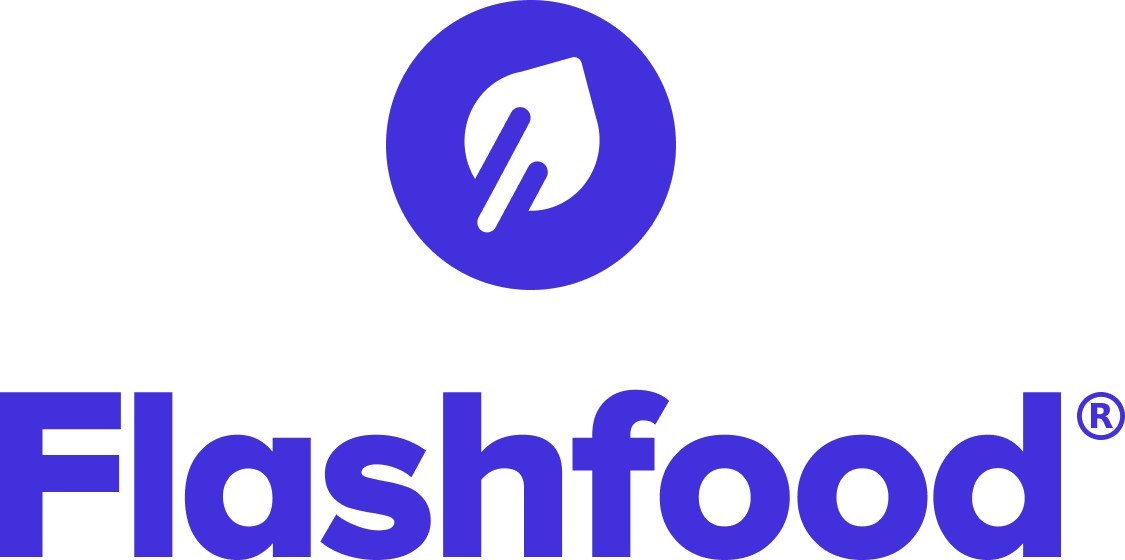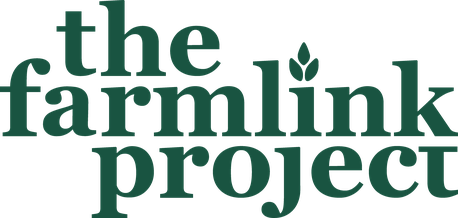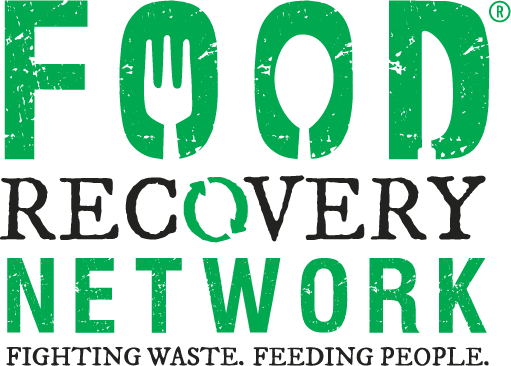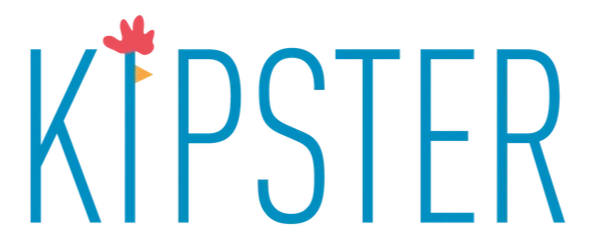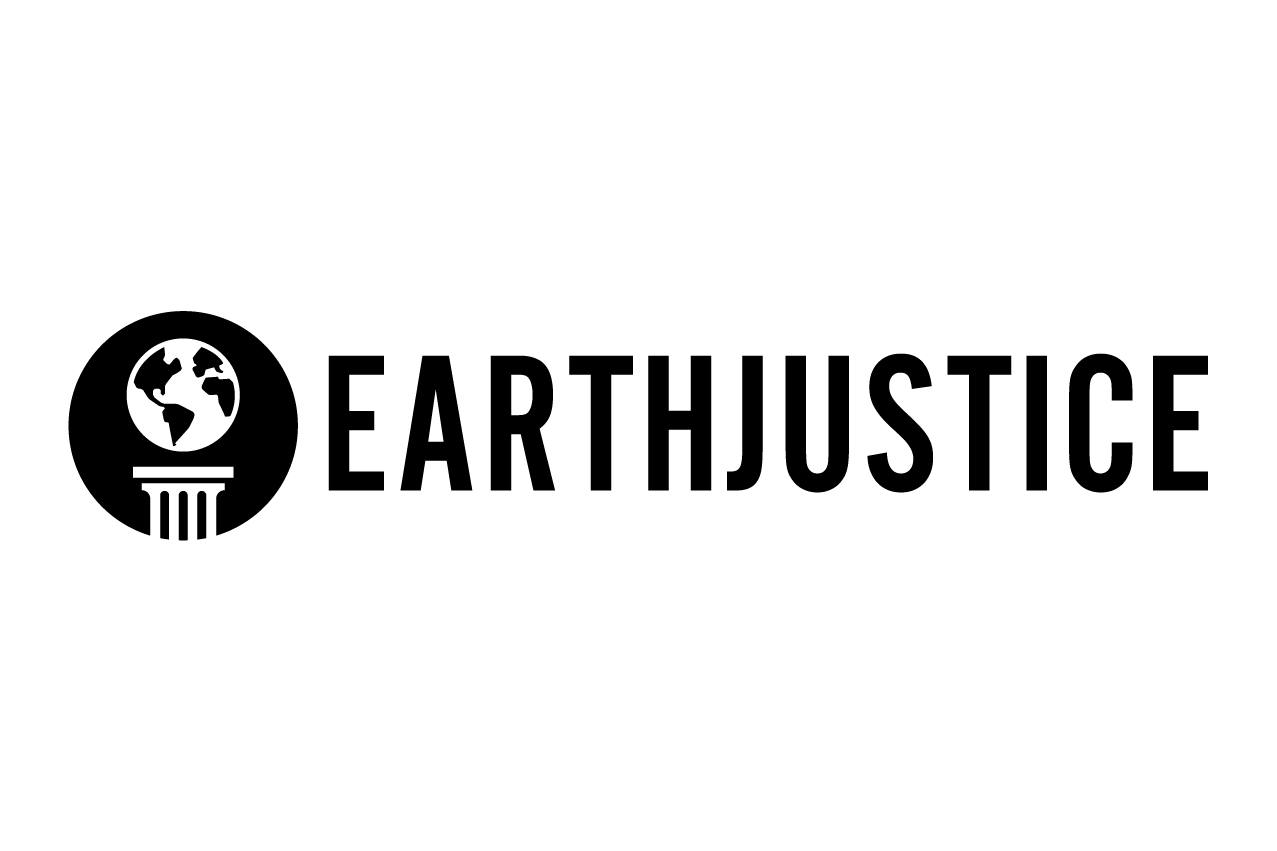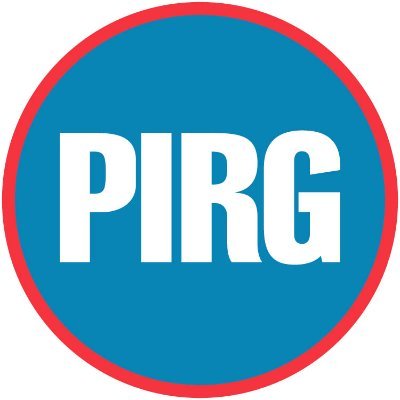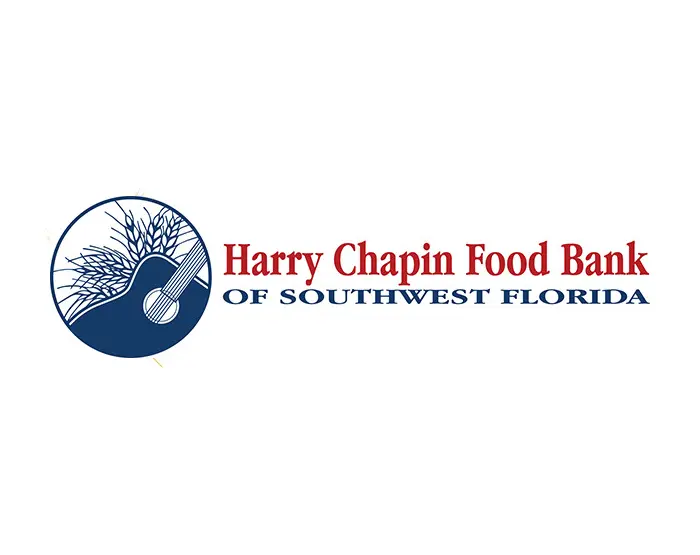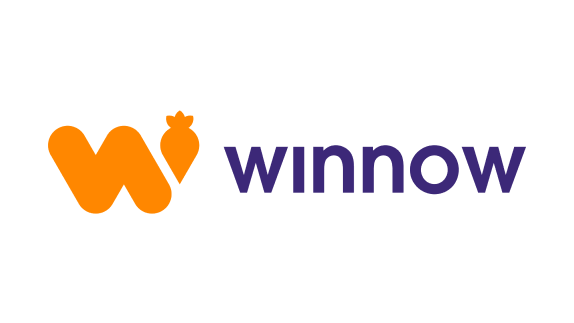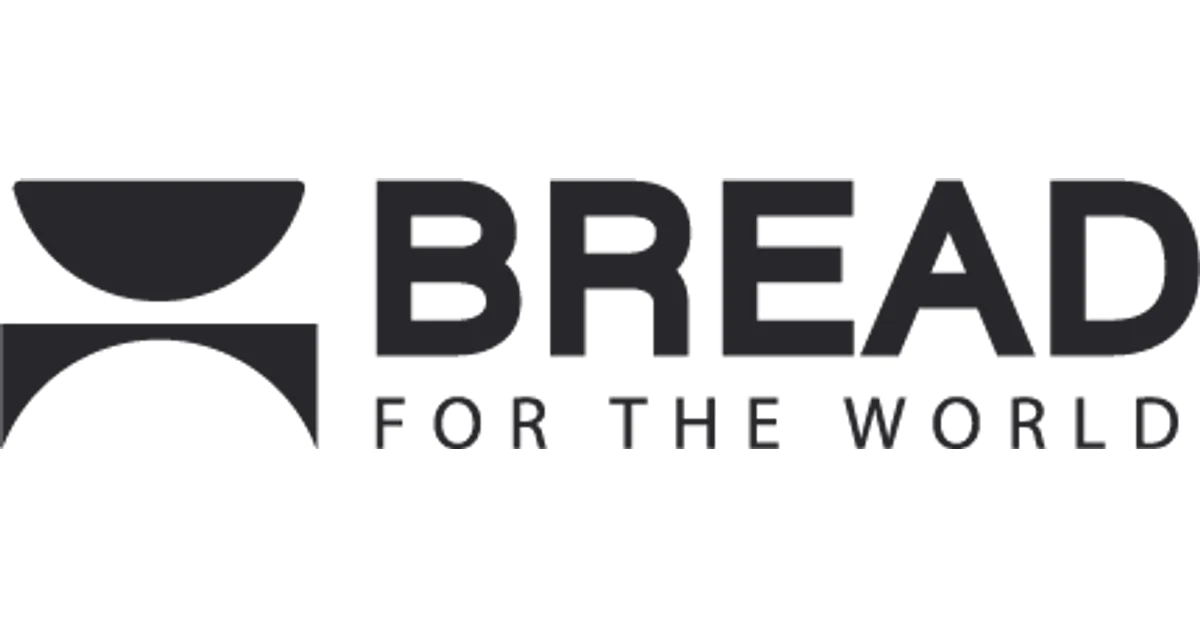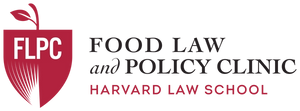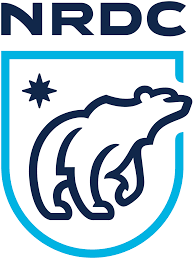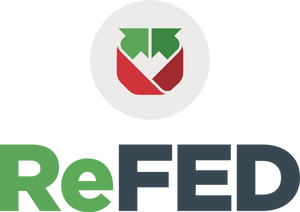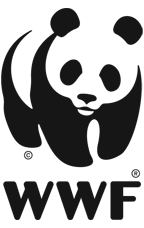About the Coalition
The ZFWC formed to build alignment and momentum among food system stakeholders on innovative and impactful food loss and waste policies in the United States. The Coalition seeks to make progress towards the national goal to halve food loss and waste by 2030 by partnering with government leaders and leveraging the knowledge, best practices, and resources of a diverse set of organizations.
November 2020
After years of working together on food loss and waste policy issues, ZFWC’s founders identify a critical opportunity to convene food system stakeholders to address food loss and waste through policy.
April 2021
ZFWC’s founders launch the U.S. Food Waste Action Plan, now endorsed by over 60 businesses, nonprofits, and local governments.
April 2023
The Coalition formalizes to build momentum and align on food waste policy, while also amplifying what any single organization could do independently.
June 2023
The Coalition begins expanding membership to a diverse set of stakeholders as a part of the larger mission to build alignment and momentum on food loss and waste policy.
June 2024
After only one year as a Coalition, ZFWC had over 180 members - including retailers, manufacturers, food delivery companies, food recovery organizations, waste management organizations, state and local governments, associations, and academic institutions.
August 2025
As of August 2025, the Coalition is made up of 300+ members representing all 50 states and the Northern Mariana Islands.
Meet Our Members
To see a list of members, click here.
